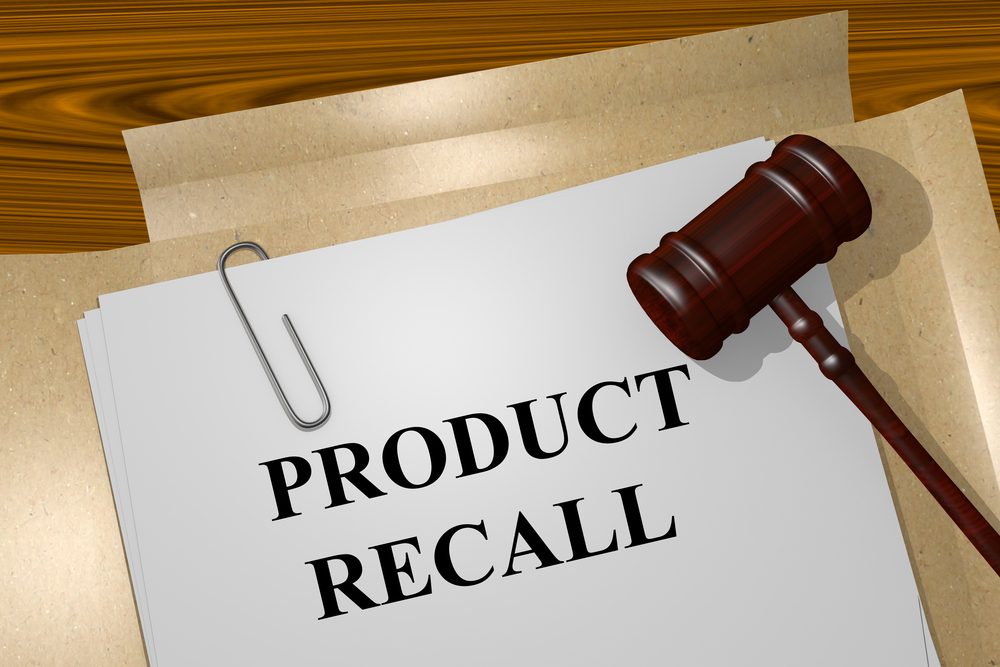Recall Update – Autonomous Technology

,
R. Scott King, BSME, Automotive / Mechanical Engineer ::::
Completely autonomous (self-driving) vehicle technology may not be ready for today’s automotive market place owing to the numerous complexities of vehicle systems, communication, and infrastructure required for full-scale implementation. Despite this, manufacturers seem increasingly willing to incorporate those individual elements of autonomous technology it believes are ready for current production; however, as is true with many new technologies, some of these autonomous features still require refinement. Two recent recalls demonstrate this point.
In early 2015, Acura recalled certain vehicles equipped with emergency “pre-emptive braking”; a feature that automatically applies the brakes when sensors detect an imminent crash. While it is likely safe to assume Honda believed this system was ready for public release, these vehicles were subsequently recalled because of complaints that vehicles were stopping suddenly and automatically without any evidence of an impending crash. Testing revealed that in certain conditions, metallic “chain-link” fences running parallel to the roadway confused the vehicle’s on-board sensors causing them to interpret the fence as a possible crash situation and apply the brakes. Corrective measures that were taken included reprogramming the system’s on-board computers.
More recently, Audi recalled certain 2016-2017 A3 models, also equipped with pre-emptive braking. In this recall, although the braking systems functioned appropriately during impending crash situations, the vehicles fail to illuminate their brake lights during braking and thus failed to “communicate” an alert to other drivers. As an interesting aside, future fully-autonomous vehicles will need to communicate with other surrounding autonomous vehicles regarding many decisions and actions, such as braking. As of this time, Audi has not identified a recall remedy.
It would be unreasonable to expect manufacturers to suddenly switch from conventional to fully autonomous vehicle technology in a single model year. Therefore, it is reasonable for them to implement this technology in phases, as they seem to be doing currently. Whether it is reasonable or not to expect flawless implementation of this evolving technology is a matter of opinion. For now it appears that, as is true with most new technology, unanticipated defects will likely continue.
R. Scott King, BSME is an Automotive / Mechanical Engineer with DJS Associates and can be reached via email at experts@forensicDJS.com or via phone at 215-659-2010.
Tags: Autonomous Vehicles | R. Scott King


